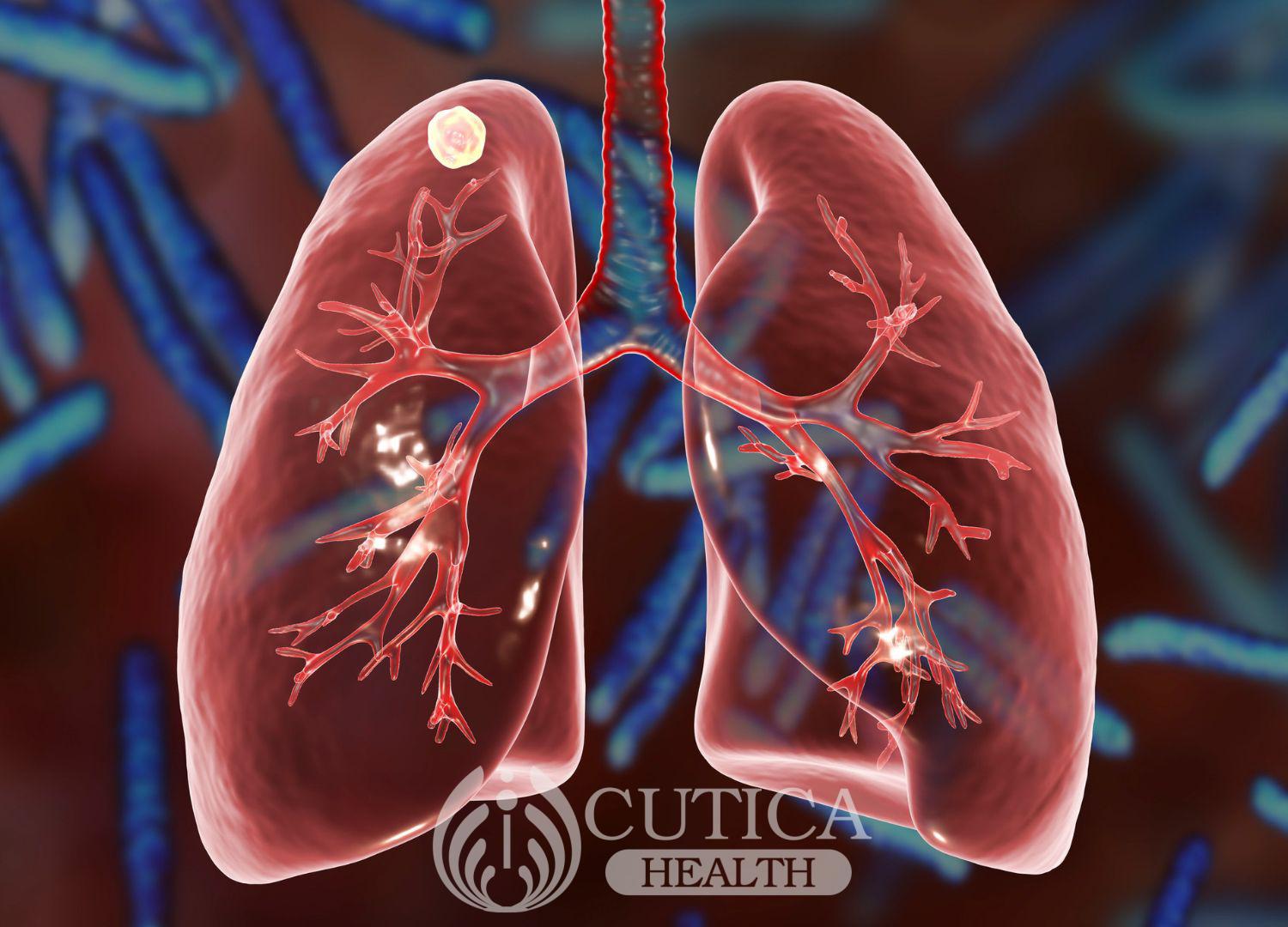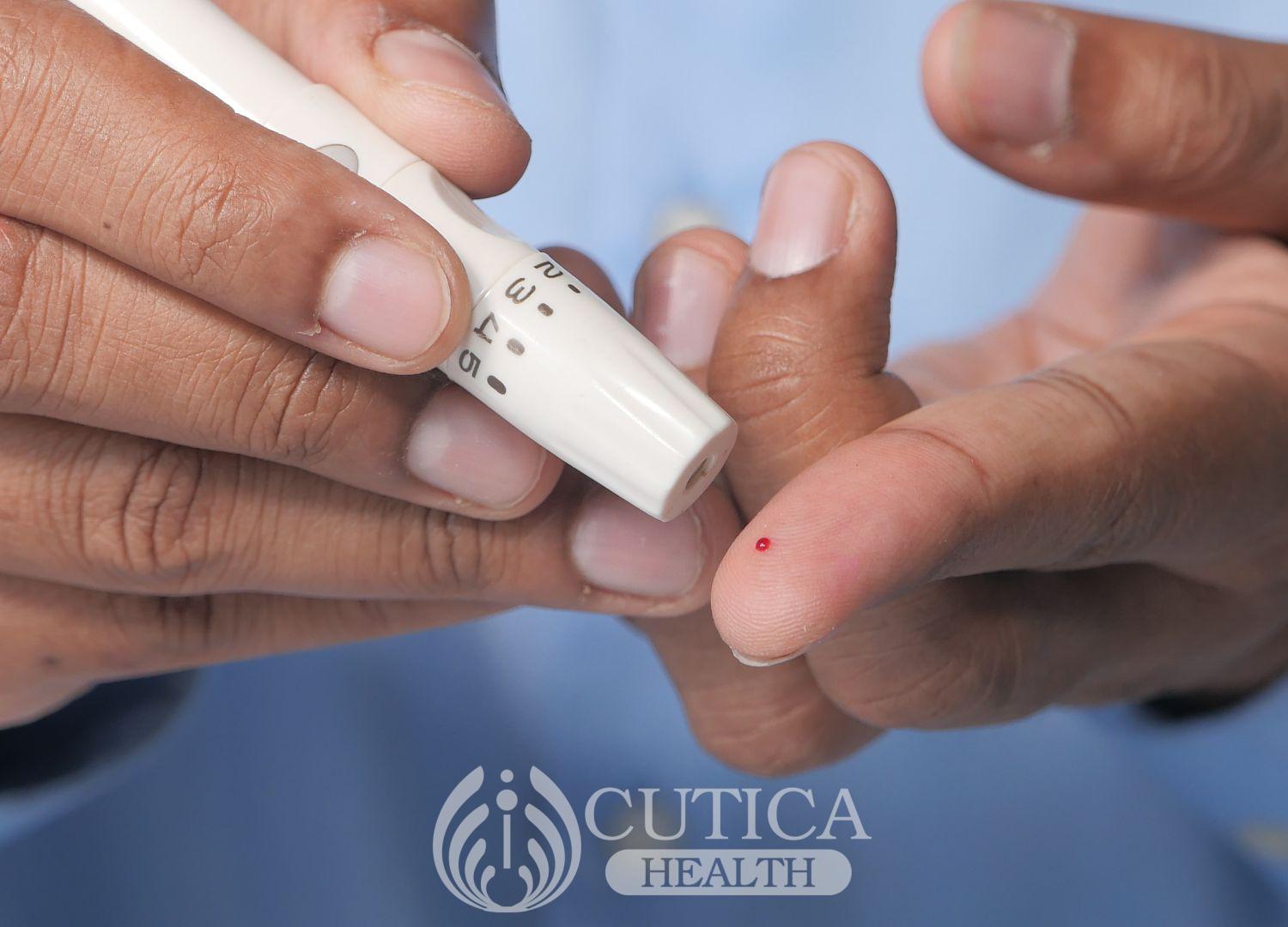
The liver is the largest solid internal organ in the human body and has a myriad of functions, including and not limited to processing and excretion of drug wastes, energy storage, and food digestion, and production of proteins. Therefore, diseases to the liver could pose serious health issues if not addressed. So here, we have outlined factors that could damage your liver.

Causes of Liver Diseases
Medication and supplements: Certain supplements that have been labeled natural and safe for consumption pose serious health risks to your liver. Many herbs and “natural” medicines have not undergone rigorous clinical research as other medicines, so carry significant health risks. Some of these drugs could damage the liver if consumed. Further, certain medications, such as antibiotics and over-the-counter drugs, could also be detrimental to the health of the liver.
Harmful Toxins: we are constantly exposed to toxic substances every day in our foods, environments, and the products we use. Certain food labels contain harmful chemicals. Pesticides used to kill weeds, seep into the food crops harvested. Skincare products contain ingredients that damage the liver over time, and other fumes polluting the air when inhaled hurt the liver.
Excessive Alcohol: an overtly heavy drinker is prone to develop liver complications. Alcohol damage to the liver causes scarring of the liver tissues, which replaces healthy tissue. This ultimately progresses to cancer of the liver. This may initially not show any symptoms until a large portion of the liver is damaged and scarred.
Obesity: Unhealthy food consumption causes high fat deposits and obesity, which, in turn, increases fat deposition in the liver. The excess fat in the liver causes inflammation, scarring, and a loss of liver function over time. It’s possible to reverse this occurrence by sticking to a healthy dietary uptake.
Genetic: A family history of liver disease like hemochromatosis can occur in subsequent generations. A break in the pattern is possible with behavioral modification and genetic counseling.
SIGNS OF LIVER DAMAGE
As pointed out above, there are several liver diseases, but there a common group of symptoms that occur when the liver is losing its function. These include:
- Sudden weight loss
- Yellowness of the eyes
- Exhaustion
- Nauseous feeling
- Loss of appetite
- Swelling of the abdomen
- Pain in the abdomen

TIPS FOR A HEALTHY LIVER
- Lowering your exposure to these factors is integral to keeping your liver healthy. Here are ways to get this done:
- Wash your hand as often as possible, especially after using restrooms, to avoid infections. Wash up after touching pets as they are carriers of germs.
- Tone down your exposure to toxic substances such as cleaning agents like bleach and other chemicals
- Do not smoke and avoid alcohol intake
- Maintain a healthy cholesterol level
- If you have diabetes, control your sugar levels
- Prevent Sexually transmitted diseases by not sharing sharp objects such as razors, toothbrushes, needles, and other personal items to prevent hepatitis
- Don’t indulge in self-medication such as OTCs.
- Make healthy foods a default choice for a well-balanced diet

Conclusion
The liver is one of the most important organs in the body, being crucial in functions such as drug metabolism, food digestion, and production of proteins. Consequently, ill health of the liver means ill health of your body, and if not detected or addressed timely, could be potentially life-threatening.












